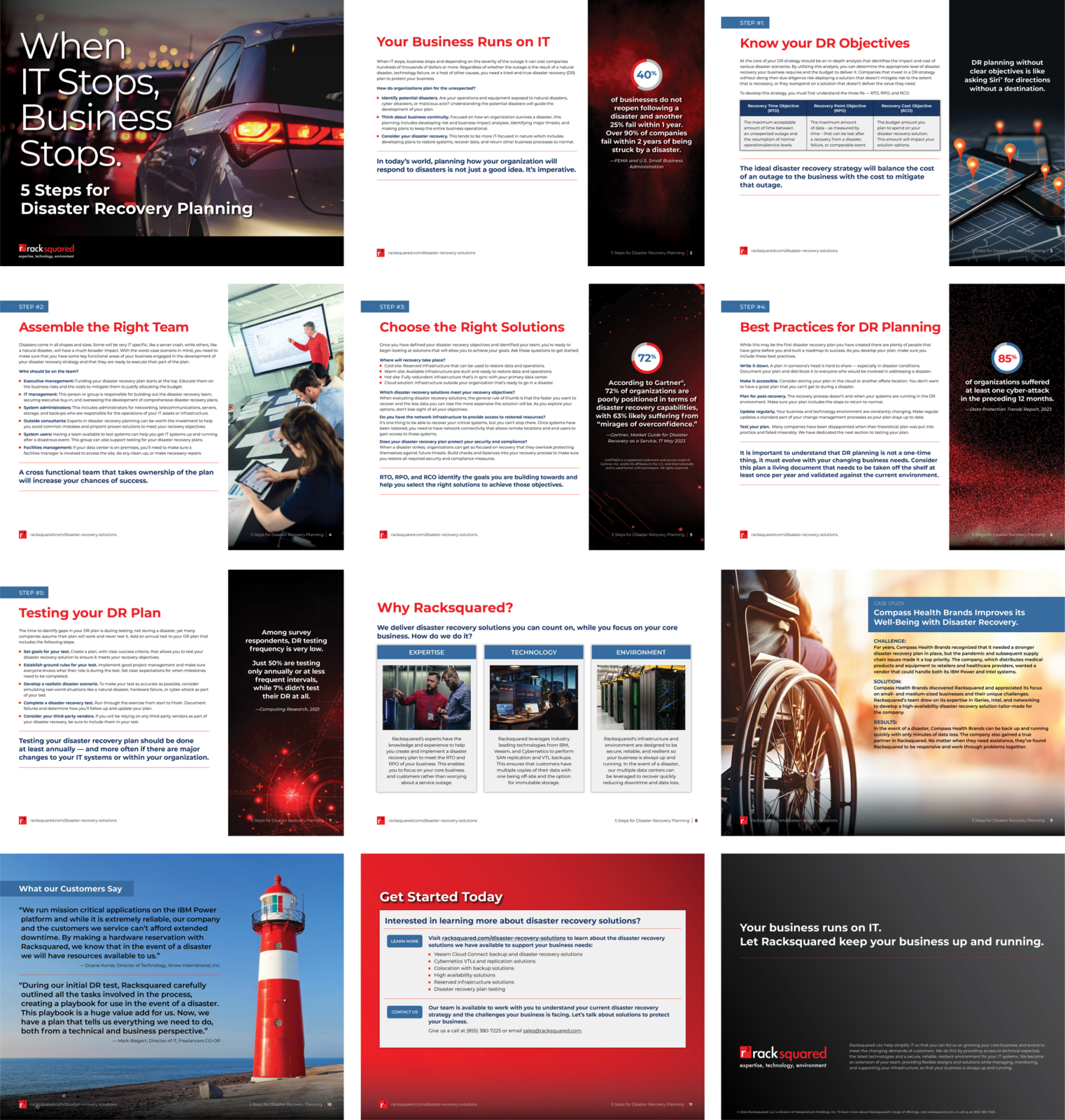The Austin American-Statesman says that whether Austin is fit to be called a cybersecurity hub depends on who you ask. We think that Austin’s clearly arrived on that front already—partly because of the kind of companies and organizations the paper highlights, including Jask, SailPoint, and the U.S. Army’s Futures Command HQ, and partly because of the security ventures, subsidiaries, and infrastructure elements the article glosses over.
Cybersecurity
Much of cybersecurity, delivered by companies like the ones just named, is preemptive and essentially conservative—that make access harder for bad guys (by detecting security anomalies and addressing risks as they become known), and easier for good guys (with multi-factor authentication, transparent encryption, biometrics, and more).
And some penetration-testing or countermeasure-focused members of the security world are just as aggressive, mobile and flexible as the malicious hackers they fight; this side of the security world has plenty of presence in Austin, too.
There’s also plenty of overlap: The people who know how to break in to your systems (ethically) are also in a good spot to help you design those preventive measures that would have stopped them from doing so in the first place.
Comparative advantage
Lots of tech entrepreneurs, not just in security, are jumping ship from their traditional home territories—and not just from the Bay area. (There are lots of cybersecurity companies to watch in Austin; a handful more are profiled here, including NSS Labs, Praetorian, and SparkCognition, along with Forcepoint and Jask.)
Backing from large firms doesn’t hurt, but IT security doesn’t depend on huge organizations, so much as it does clever, nimble teams. A security-focused firm of even a few hundred isn’t small, and many successful players are much smaller still.
And a lot of IT security offerings come from companies that might be better known for doing things other than security, but which quietly employ hundreds of employees doing IT security work full time; most outside the IT field, for instance, might not realize that Dell has a major hand in cybersecurity, too, with Dell EMC.
And IBM, which has made Austin one of its prime locales, has its well-established IBM Security division as well as a major security focus throughout its other branches, from mainframes to networking.
Call it what you will
Austin is home to:
- Full-service security providers, like Forcepoint
- Specialized enterprise firms, like identity governance provider SailPoint
- Cloud-security specialists, like CloudFlare
- National and international firms with a local office, like authentication experts Duo Security
- Coalitions drawing together associated specialists, like cybersecurity collective Praetorian
- Innovative startups, like Hopzero
- Meetups of all kinds where security specialists gather
- Security-focused programs and institutions, like the University of Texas’ Center for Identity
Upshot? We say that Austin deserves to be called a cybersecurity hub from nearly any perspective, and that’s another good reason we’re glad to be part of it.
——
DeLaune & Associates is ready to partner with you to make sure customers and prospects understand the benefits you offer. Drop us a line today!




